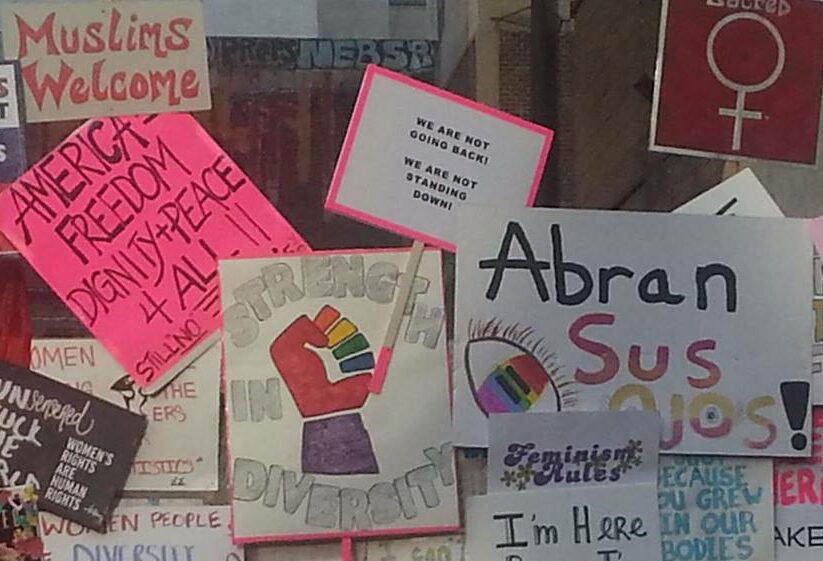
Intergenerational traumas, such as the psychological impact of slavery, Jim Crow laws, and institutionalized racism, menacing policies toward immigrants, denial of indigenous American rights and history, persistent anti-Semitism, Islamophobia, LGBTQ community targeting, ceaseless violence against women, epidemic homelessness, and the threat of our shared imperiled eco-system, all point to a collective life out of balance that may touch each of us in different ways.
Some may cope by feeling helpless, checking out, going numb, overeating, leaning into addiction, feeling depressed, or being on edge. Social distress often defines the backdrop against which psychological symptoms develop. The insidiousness of systemic forms of oppression is that the cumulative impact of stressors such as racism are often minimized, or worse, through blaming the victim strategies.
However, the mental health field is rapidly changing. For example, I look to the revolutionary work of groundbreaking psychologist, Dr. Joy DeGruy, who has described the post-traumatic slave syndrome, validating the psychological hardship experienced by many African Americans, and offering an effective road map for recovery.
Also Dr. Samuel Kimbles has identified the helpful concept of a cultural complex and Dr. Fanny Brewster further defines a racial complex, a set of cultural beliefs about race often rooted in traumatic cultural history, that underlies social problems like racism and targeting of African Americans, indigenous, and immigrant populations. Significantly, this brings the focus on symptoms rooted in culturally-based stress on cultural conditions, where it belongs, rather than on perceived individual shortcomings.
I draw from the history of social activism, of civil rights, Black Power, Chicano Power, Indigenous rights, Women’s Liberation, Gay Power, LGBTQ rights, Trans Power, AIDS activism, the power of a million Angelenos marching together in January, 2017, for the first Women’s March showing a new level of civic solidarity across communities and around the globe, helping to resist a binary world view in which social oppression is a given and collectively envisioning a healing, sustainable, equitable, common sense, co-existence.
In this historic moment in 2020 community outrage and grief is erupting in the face of institutionalized racism and its lethal impact within the legal and law enforcement systems. The protests reflect participation from across the racial, cultural, gender and intergenerational spectrum. This groundswell of community solidarity comes on top of festering frustration at the disproportionate impact of COVID-19 on communities of color. Many are calling for a renewed need for a paradigm shift societally in which persistent systemic racism gives way to persistent systemic reparation both materially and spiritually.
Diversity conscious therapy provides an arena for activism and healing within oneself often where oppression can hit hardest. It includes a meaningful recognition of socio-political realities and how they may inform well-being. It offers a space and process for working through traumatic loss associated with one’s ancestral, cultural, and social legacies, as well as identifying and building on cultural and community-based strengths and pride. As a result, constructive action may be mobilized, whether in the form of renewed self-care, professional initiative, or exercising leadership capacity to advocate for prosocial change.
